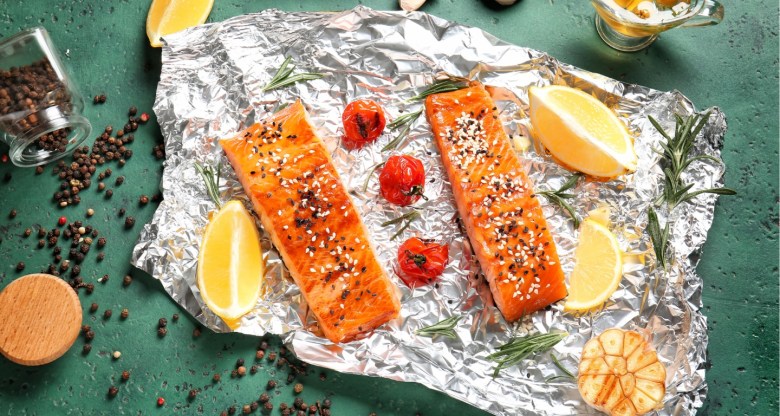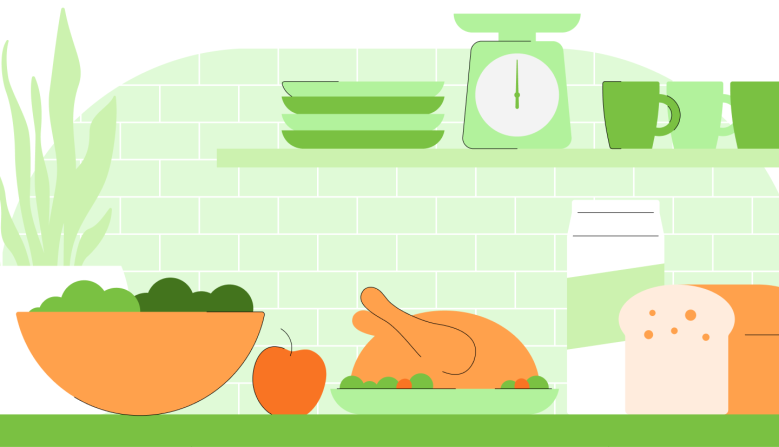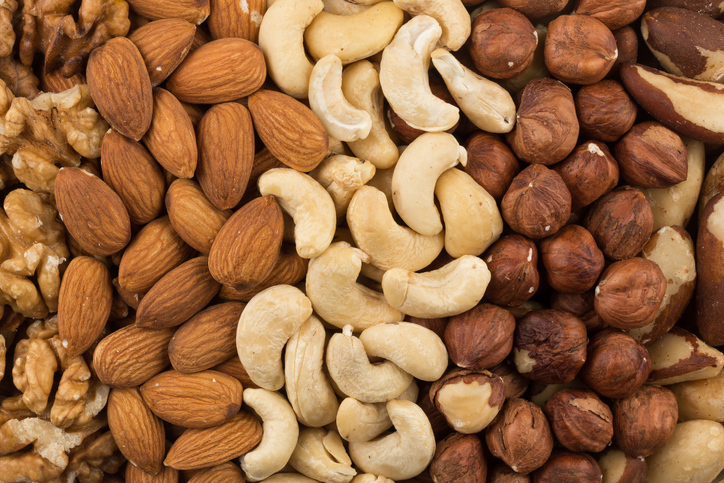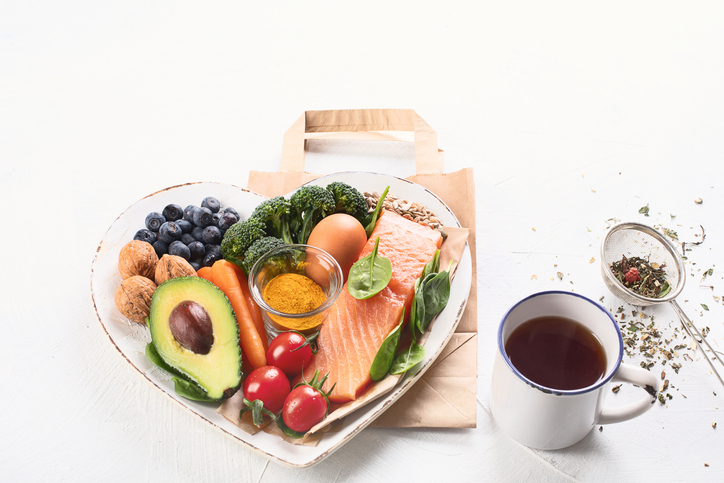Carbohydrates: Friend or Foe?



Carbohydrates are your body’s main and preferred source of energy. They help fuel everything from breathing, blinking, organs pumping blood, bowel movements, mental clarity, and the list goes on. So you might be thinking, “Why do carbs get such a bad rap if they have all these benefits?” Let’s dive right in!
1. Complex vs. Simple Carbohydrates
Complex carbohydrates are found in fruits, vegetables, beans, legumes, whole grains and dairy. Simple carbohydrates are found in everything from sugar, honey and even juices. They can all play a role in giving us energy. Your body doesn’t see the difference between simple sugars and more complex carbohydrates because it does a beautiful job of breaking down all food and converting the carbohydrates within that food to the body’s preferred energy source known as glucose.
2. Filling up on the right carbohydrates.
Here’s what the body does know. Carbohydrates and naturally occurring sugar from whole foods such as fruit, breads, yogurt, etc. have additional benefits to them like vitamins, minerals, protein, fat, fiber and so on; sugar from a lollipop is simply sugar and water. This means the way your body goes about processing it looks a little different and yields a different outcome. Think of it like this: If you were to fill your gas tank with water, it would fill it up, but it would not provide the engine with any energy to move. You would still need to put gas in the tank. The same is true for the body. When you fill your “tank” with simple and refined sugar, it fills your body but doesn’t get all the nutrients you need to help your body with all of its processes to keep you moving and healthy.
3. Preventing blood sugar spikes.
Now that we have that out of the way, we want you to remember that carbohydrates, especially complex carbohydrates, can be your friend, and they are delicious. It’s best to get them from whole foods, such as whole fruit or whole grain. Combining carbs with fiber, protein or good fats is a great way to consume carbohydrates while avoiding large spikes in blood sugar. Good examples are: Apples and peanut butter, cheese and whole grain crackers or fruit, avocado on whole wheat toast, a salad topped with beans, or Greek yogurt with walnuts.
Finally, don’t forget that portions are the key. Some of us may need more than others. Runners may need more carbs as they burn through their fuel while competing. Those with diabetes may need less to help control their blood sugar. Visiting with a dietitian can help you navigate your specific needs.

















